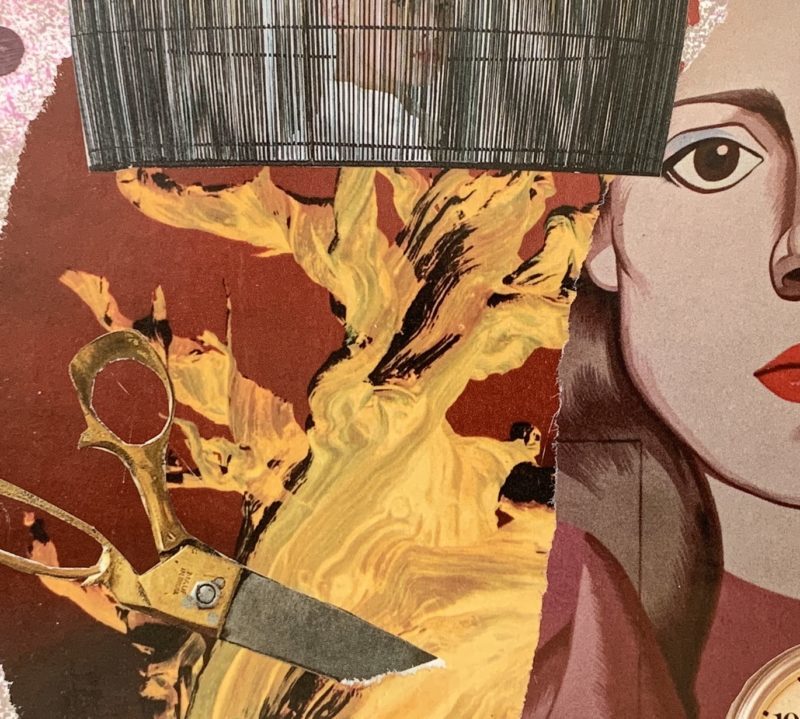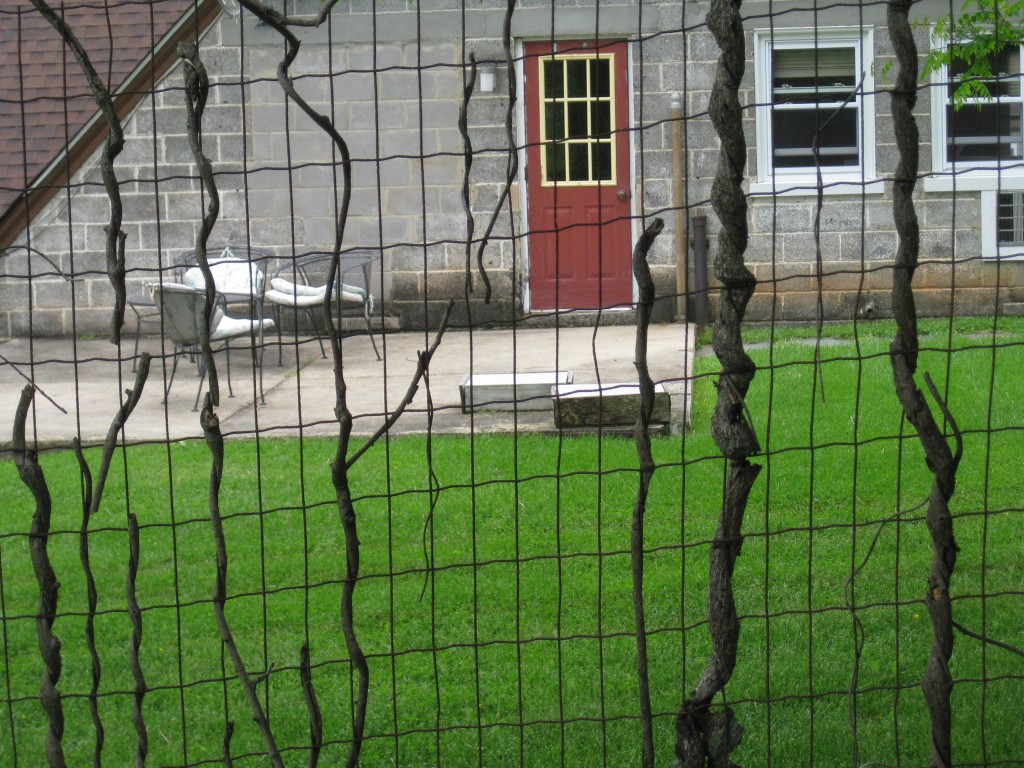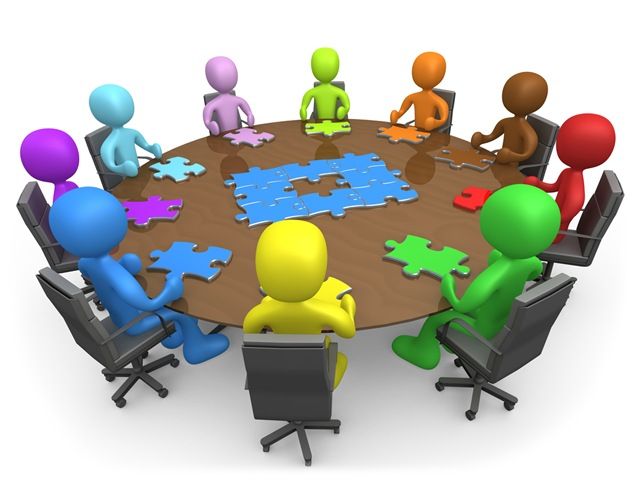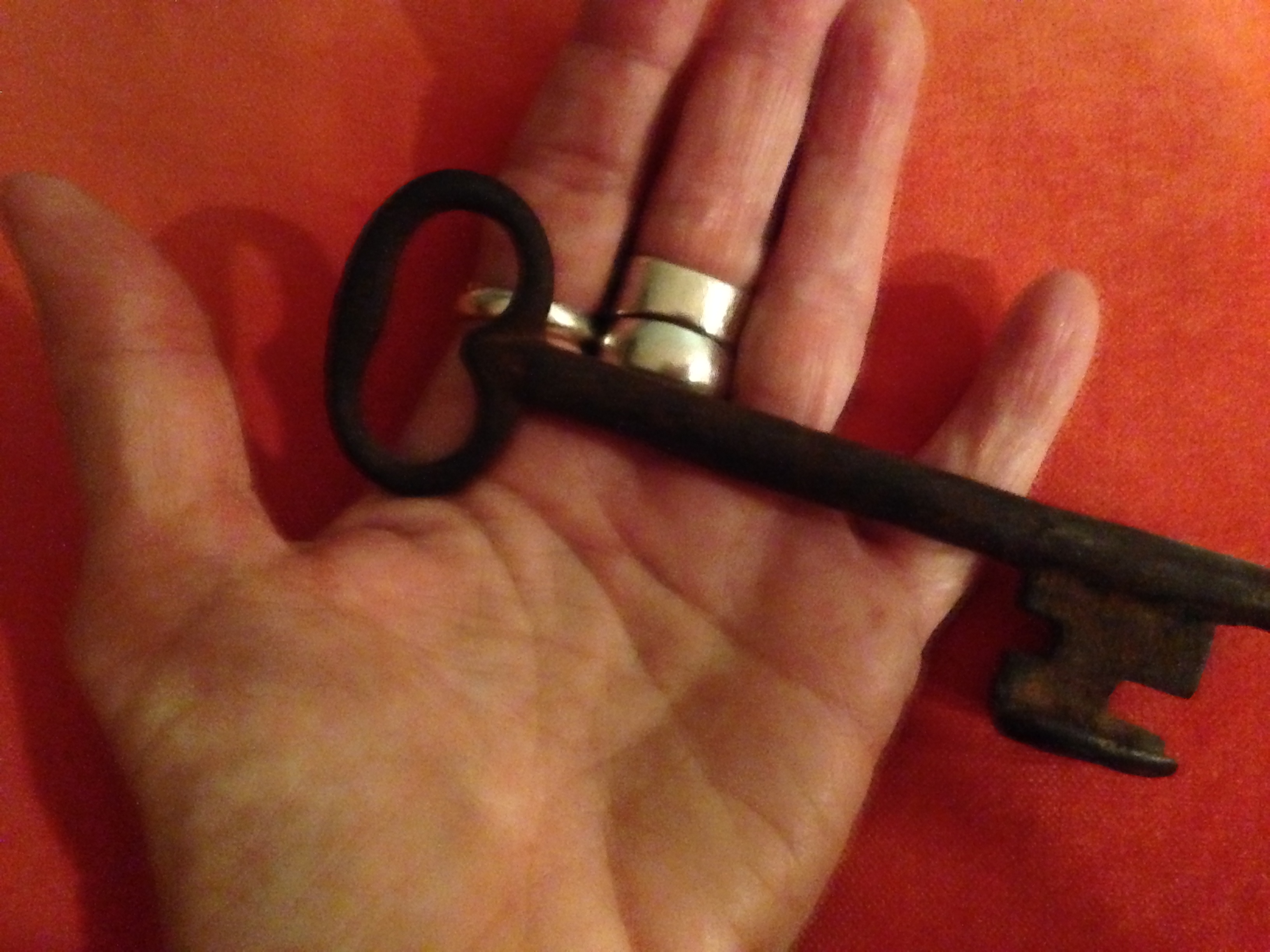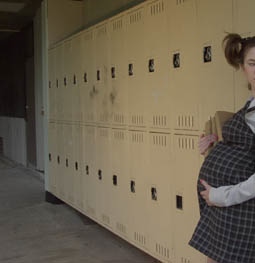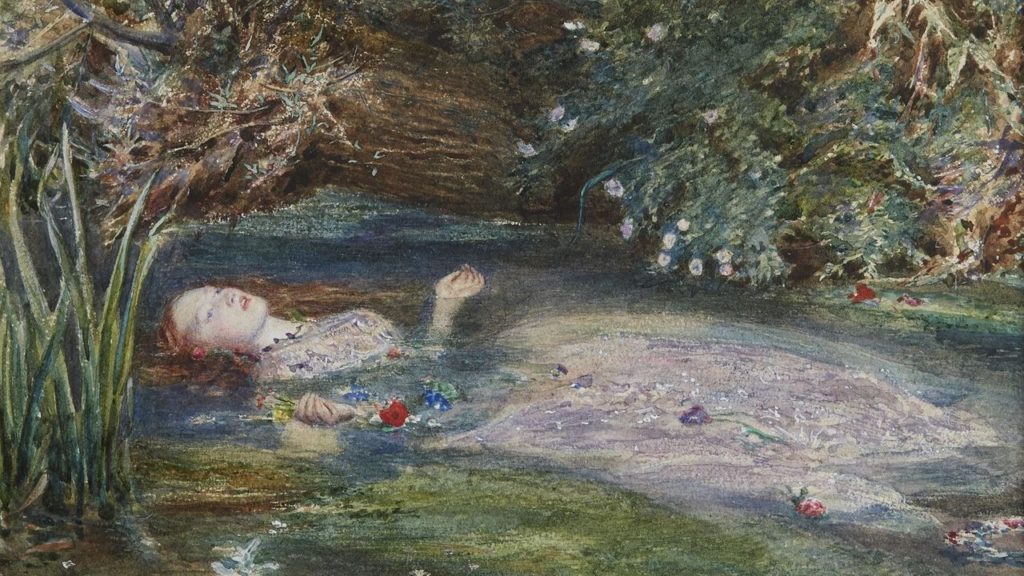
.
collage by author
Secrecy in adoption
A friend sent me this 23andMe story recently. While adoption is not part of it, the element of secrecy is similar to the secrecy in many adoption stories. This Gazillion Voices piece is a good companion to the 23andMe essay–which is also a how-to on overcoming secrecy in adoption through DNA testing.
Secrets require lies
I think a lot about the secrecy aspect of adoption and how it’s a burden many birth mothers carry. In order to keep our secrets, lying is inevitable. The web of secrets and lies grows larger and the burden gets heavier as the years go by. When I searched and found my son and we decided we would meet, I had to figure out how to dismantle my decades-long accumulation of secrets and lies. I wrote letters to my siblings, told my mother she could tell my aunts and uncles if she wanted. One by one, I told my friends. When someone asked a question, I told the truth.
The no secrets, no fear campaign
When my son came to visit for the first time, I had to tell my daughters that they had a brother. They were two and five years old, and my husband thought the news would be too confusing. “Tell them he’s a relative,” he said, “but not that he’s their brother.” I broke down, sobbing that I couldn’t tell any more lies, that I’d been lying for half of my life, and I’d had enough. My husband relented.
American Adoption Congress has a campaign called, No Secrets No Fear. You can read about it here.
